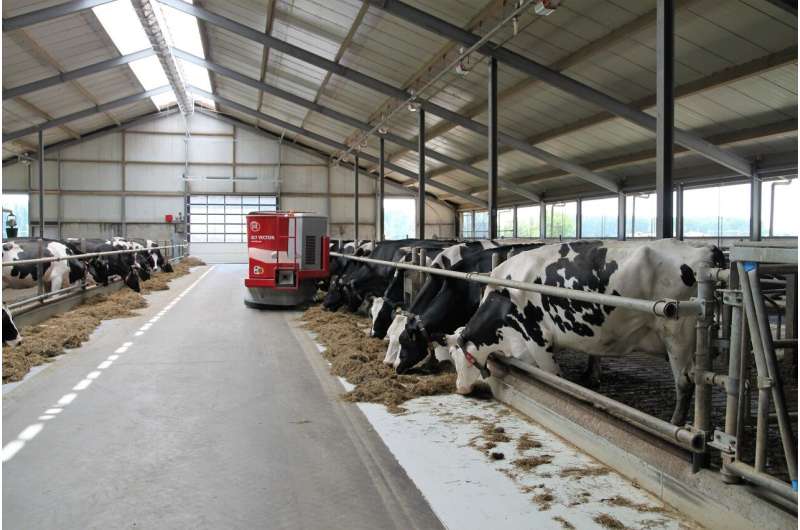Growing Concerns Over Recreational Nitrous Oxide: Brain Damage and Sudden Death Risks Persist Despite Bans

Recreational use of nitrous oxide poses serious health risks including brain damage and death. Despite bans and regulations, availability and misuse continue to rise, especially among youth in the U.S. Learn about the dangers and ongoing efforts to curb this growing threat.
The recreational use of nitrous oxide, commonly known as 'laughing gas,' continues to pose serious health risks in the United States, despite increasing awareness and legislative efforts to regulate its sale. The U.S. Food and Drug Administration has issued warnings about the rising popularity of these products, especially among youth. Marketed under names such as 'Galaxy Gas' and 'Miami Magic,' and often sold as 'whippets' in steel cartridges, nitrous oxide is widely available at gas stations, convenience stores, smoke shops, and even major retailers including Walmart. Its affordability and accessibility have contributed to its misuse.
Public health experts, including researchers studying these products, warn that recreational inhalation of nitrous oxide can lead to a plethora of health complications. These include cognitive impairment, memory issues, hallucinations, headaches, mood disturbances, blood clots, limb weakness, difficulty walking, peripheral neuropathy, and even irreversible brain damage. A common deficiency resulting from frequent usage is vitamin B-12 deficiency, which further risks nerve and brain tissue damage.
Alarmingly, reports of deaths related to nitrous oxide abuse have surged, with U.S. fatalities increasing by over 100% from 2019 to 2023. Emergency department visits for nitrous oxide-related incidents have also risen significantly over this period. More than 13 million Americans have experimented with nitrous oxide at least once, including a concerning number of children, with recent surveys indicating that adolescent inhalant use is on the rise.
The popularity of 'laughing gas parties' persists partly due to legal gaps in regulations, as federal laws lack specific age restrictions for purchasing nitrous oxide. While some states like Louisiana, Michigan, Alabama, and California have enacted bans on recreational sales, many others are contemplating similar legislation. Education and early screening through school prevention programs and primary care are essential steps toward reducing misuse.
Historically, nitrous oxide's reputation shifted from recreational 'laughing gas' parties of the late 1700s to a widely used medical anesthetic. Today, it serves as a pain reliever and mild sedative in dental and medical procedures, and has therapeutic applications for treatment-resistant depression and anxiety. However, the illicit recreational use is associated with severe health risks and fatalities, largely due to hypoxia or accidents during intoxication.
Research on the dangers of recreational nitrous oxide remains limited mainly to case reports, but European data indicate a troubling trend of deaths from hypoxia and accidents. Public perception of nitrous oxide as benign compared to substances like alcohol further exacerbates its misuse.
Combating this growing threat necessitates comprehensive legislation, strict regulation, public education, and early intervention to prevent misuse among vulnerable populations, particularly children. Without decisive action, the sleek packaging and social media promotion of these products could continue to endanger lives across the country.
Stay Updated with Mia's Feed
Get the latest health & wellness insights delivered straight to your inbox.
Related Articles
Pharmacogenomics as a Guide for Personalizing Medical Treatments through Genetics
Discover how pharmacogenomics is transforming personalized medicine by enabling tailored treatments based on genetic profiles, with insights from the Ochsner Health System implementation.
Next-Generation Animal Vaccines as Precautionary Tools Before Disease Outbreaks
Discover how innovative mRNA animal vaccines are revolutionizing biosecurity, offering rapid and safe protection against zoonotic diseases like foot-and-mouth disease to safeguard livestock industries.



